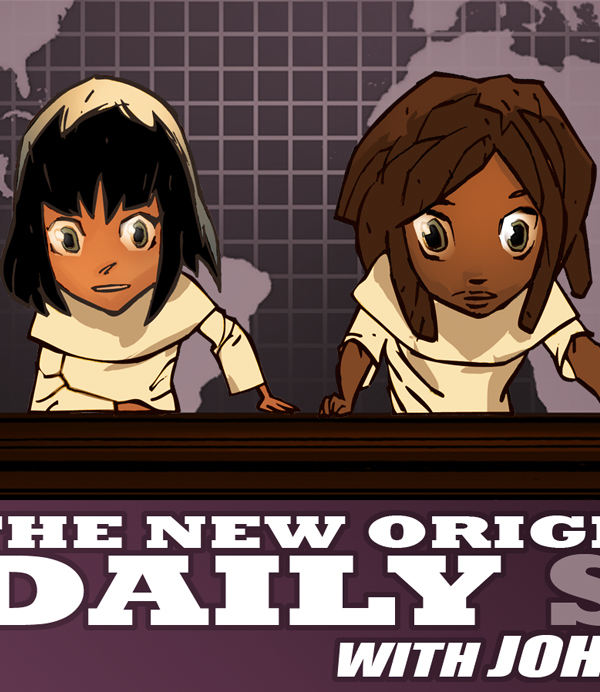I Died
...in the summer of 2006.
death of a kind
So, I sort of died in the summer of 2006. After reading the bible's book of Hosea… I died… epistemologically speaking. After a life time of believing in a certain way, the book of Hosea convinced me to start all over again. It was the summer of 2006 whist working on the summer break assignment from my old school (London School of Theology). The Old Testament God that confronted me in that story was radically different from the one taught to me all my life. This God in Hosea͛s story was, bendy... flexible... creative... interactive & dynamic... fluid... Liquid! The God I had understood up until then was solid. I knew of no categories with which to describe what was going on in the book of Hosea. Crazier still was that this God seemed to expect the same audacious liquidity from the prophet Hosea… of course, by implication that meant he would expect a radically more liquid me! That was how I began my process.
By 2007, I would be submitting The Manga Bible as my final year dissertation and my publishers would be going to print later that year. The Manga Bible was a phenomenal success. The printers couldn't do reprints fast enough and we were selling out in every country we published in. My agent and friend Ed Chatellier suggested we create a study book based on The Manga Bible. I was already nearly two years into my spiritual revolution as I drove the project. Soon I realised the old plans had been breached. The Manga Bible Swot Book had expired.
In the next few years, as my collection of study note books swelled, my wife and I began to understand more clearly what God had intended from before the start. Drink It! was born.
concept
The word,liquid, is borrowed from the Polish-British philosopher, Zygmunt Bauman's description of modernity's struggle with ambiguity which had resulted in the holocaust. He would describe modernity as hard… solid, and post modernity as soft… liquid.
Modernity - the hard; was the era of full employment, literacy, religious and moral certainty in Western civilisation. By the time of the holocaust and end of WWII, this World Order certainty would begin to erode up until the 80s, by which time full and long term employment would no longer be certain and religious and moral ambiguity would become the norm. The absence of certainty would require adaptability, flexibility and malleability. It was also a post- theological era since an increasing amount of Westerners would begin to see religion as irrelevant. The information age would further liquefy events, creating the age of post-literacy; this era is post modernity... the soft.
We have seen the effects of our new reality. Craig Groeschel's book, The Christian Atheist, discusses this new reality and its impact on the faith or lack of faith of young adults in the West. For those who believe in God, they carry on as though he does not exist-the ambiguity of the age finding a home in the hearts and minds of young believers. The old didactic means by we which we've talked about God in Modern times is loosing potency and is increasingly becoming not fit for purpose, either for seasoned believers or non believers.
And so begs the question… how do you do God-think in a post-literate world? How do you talk about moral certainty in an age of ambiguity? How do you do 'truth', when your stock & trade is the business of truth in an age where theoretically, there is no objective truth? How do you think, talk and live spirituality in this fast moving technological matrix we call the 21st Century?
Well… you do it using stories.
dogma
story
creative thinking
visualisation
number of pages
days to conceive and complete, Drink It!
k
relevant years of human history in view%
reliance on scriptureThe book and Ministry
dogma
story
creative thinking
visualisation
gamification
the author's story
Studied various forms of art and then graphic design at Yaba School of Art and Design in Nigeria and then Theology at the London School of Theology. In-between, I worked as a visualiser in advertising and then as a a comic creator with 2000AD working of Judge Dredd strips for over 15 years. There was a three year hiatus from professional life when I went back to study theology. My degree dissertation was The Manga Bible which went on be a best seller the world over. I have since worked on a graphic novel on the life and geopolitical story of Jesus as seen in the gospels. A biography of Japan's greatest novelist (Natsume Soseki)is also in the works, not to talk of other several other books like Lion's Graphic Bible, Video Games like Evil Genius, TV like Atlantis, interviews in The New York Times, National Geographic, The Times, The Guardian, Wired and other international press. TV and Radio media like BBC, Channel 4, ITV and Channel 5 have interviewed me.
I have given lectures and talks at educational institutions like Eton College, the Queen's Foundation in Birmingham and big festivals like Greenbelt. Other commercial clients include blue chip companies like, Nike, Marvel and Sega. Finally, I featured in professional industry bibles like, Digital Art Masters 1 & 2, The Best of British Illustrations, The Art of Game Worlds, Definitive Comic Art Now and Black Londoners-A History. In the last 10 years, prompted by a stirring in my heart, I devoted my time to bringing my experience in visual communication and bible teaching into a series of books starting with Drink It!
Drink It! presenters

Moses

puah & shiphrah

siku












